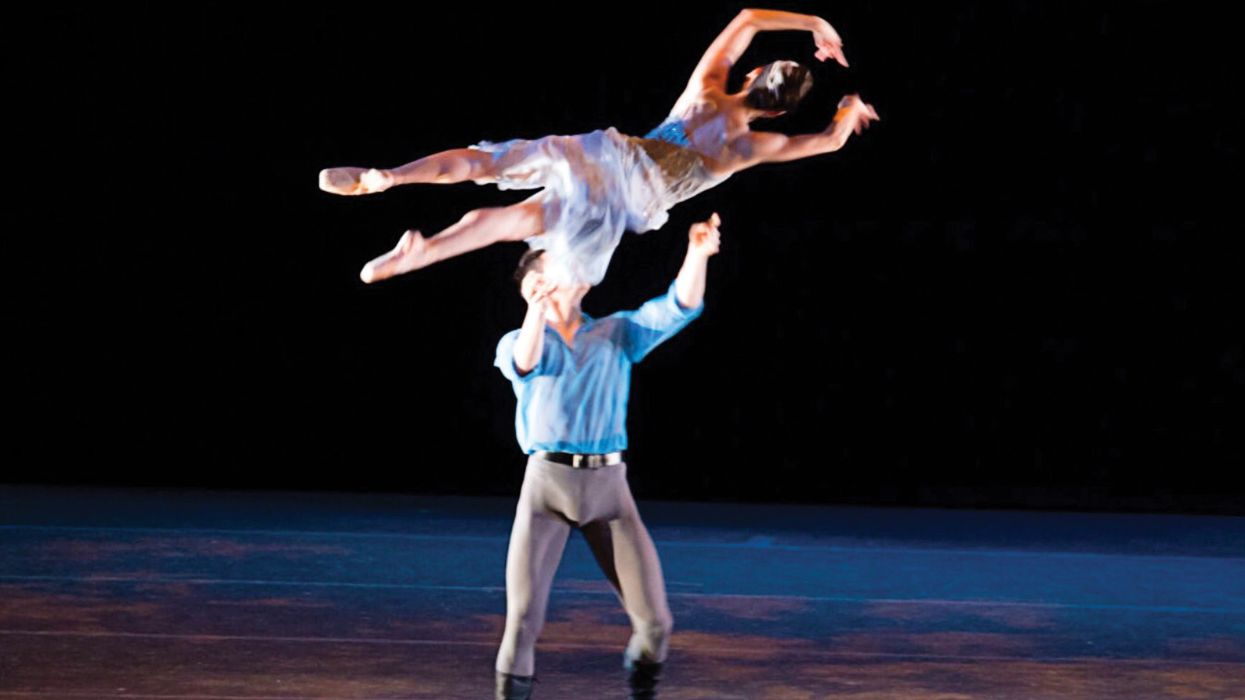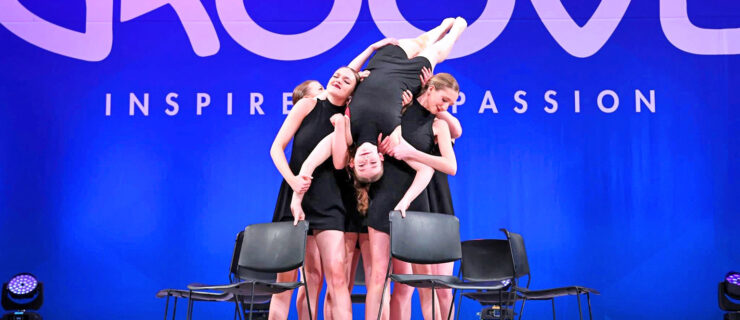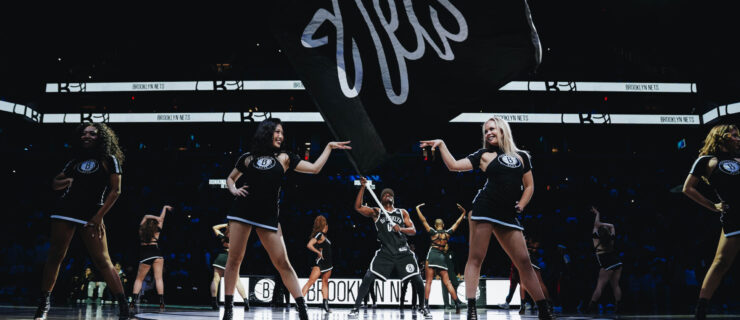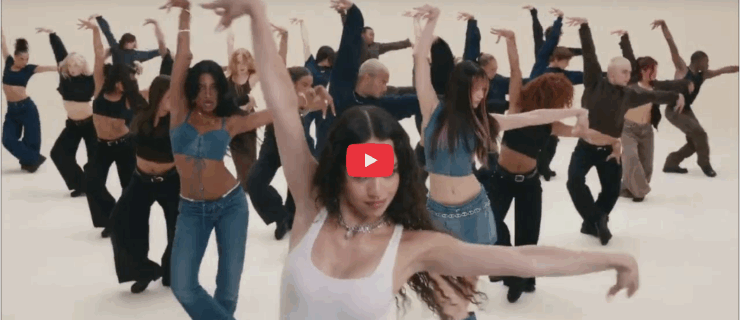How to Deal with Problematic Dance Partners
Partnering is hard enough as it is: You’re trying to untangle technical snafus and synchronize your movements with those of another dancer, not to mention building the delicate trust required to catch and be caught, lift and be lifted. Throw a hostile or uncooperative partner into the mix, and you might wish you could take a pass on pas de deux. But don’t give up! We asked the experts for tips on how to solve partnering’s “relationship problems” as gracefully as possible.
Help—My Partner Is My Ex!
The offstage romance has soured, but he’s cast as the Romeo to your Juliet. Disaster? Not quite, according to Dr. Nadine Kaslow, resident psychologist for the Atlanta Ballet. “You have a history of being happy with this person,” she says. “If you work through the underlying issues that ended the relationship, there’s potential to build trust back.” It’ll feel weird at first, but make an effort to get to know your ex-love as a new friend and, more importantly, as a fellow artist.
 Coons and Jordan Nelson in George Balanchine’s “Tschaikovsky Pas de Deux” (photo by McKinney, courtesy Coons)
Coons and Jordan Nelson in George Balanchine’s “Tschaikovsky Pas de Deux” (photo by McKinney, courtesy Coons)
In ideal scenarios, being partners can strengthen a shaky friendship with your former bae. But you don’t have to be besties to produce a great performance, either. “Even if the friction remains, the choreography, the music, the demands of professionalism, and the craft of partnering is beyond whatever’s going on personally, and dancing well together has to take precedence,” says Daniel Duell, former principal dancer with New York City Ballet and founder and artistic director of Ballet Chicago. “Working cooperatively to have a good performance can help restore good feelings offstage.”
Help—My Partner’s Inexperienced and Scared!
With dance training’s highly mismatched gender ratios, it’s common for a super-experienced girl to dance with a guy who’s done only a smattering of partnering (or vice versa), which can make for frustrating situations. But “it’s incumbent on the more advanced person to take the other under their wing,” Duell says. Kaslow suggests making “I” statements (“I feel like I’m being pushed backward off my leg”), rather than judgments about what your partner might be doing wrong (“Your grip is too intense”). If you want to give more explicit feedback, Kaslow advises conversation-starters like “The way it’s worked for me before is if somebody does this,” or even “I have some suggestions if you’d like to hear them.”
If you’re the one with only a few hours logged in partnering class, don’t fret. “I have always learned the most about myself by dancing with less experienced partners,” says Dana Coons, who dances in the Ballet Chicago Studio Company. “You learn to be a mentor, a better partner, and a better friend.” Rather than worry you’re holding your partner back, direct your energy toward communicating openly and consistently about the corrections and challenges you’re tackling—together.
Help—My Partner Makes Me Feel Unsafe!
If a partner is touching you inappropriately, verbally belittling you, or otherwise scaring you away from dancing full-out, don’t hesitate to bring a teacher, the choreographer, or another authority figure in to help. “My friend’s physical boundaries were being violated by her pas de deux partner, and it took her asking other guys at the studio to talk to the partner before he understood those physical boundaries,” Coons says. “If it ever gets to a point where you’re in physical pain or you don’t feel comfortable trusting your partner, pull your director aside and honestly describe the situation.”
 Daniel Duell (right) teaching pas de deux class at Ballet Chicago’s summer intensive (photo by McKinney, courtesy Ballet Chicago)
Daniel Duell (right) teaching pas de deux class at Ballet Chicago’s summer intensive (photo by McKinney, courtesy Ballet Chicago)
Speaking up may feel difficult, but it’s always better to air your grievances sooner rather than later. “If you wait until the breaking point, it’s often harder for others to help the situation, because it’s so entrenched in negativity,” Kaslow says. Don’t suffer in silence.
If you’ve tried everything and your partnership’s still far from perfect, do your best to not personalize the difficulties. “Tell yourself this isn’t a great fit and you’re going to strive to do your best in this context, while recognizing that it’s challenging,” advises Kaslow. (The exception to this rule is a partnership that makes you feel unsafe, which you should never try to soldier through.) It might be awkward to confront partnering issues head-on, but trust that the discomfort will be worth it in the end. “Partnering is one of the most beautiful aspects of being a dancer,” says Duell. “If you transcend the personal problems, your experience of partnering can really be a divine thing.”
A version of this story appeared in the May/June 2018 issue of Dance Spirit with the title “Help—My Partner Hates Me!“




